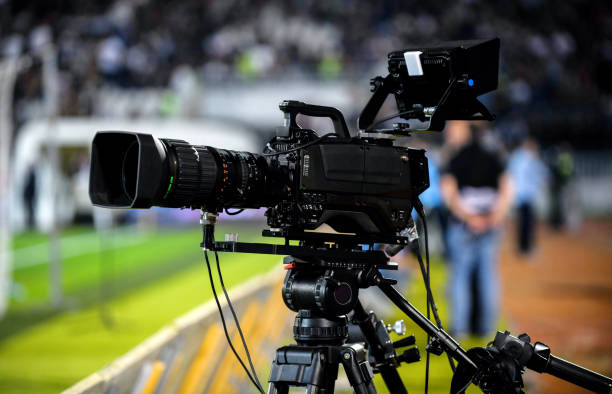One advantage of Albuquerque’s broadcast schools is that the New Mexico Broadcasters Association (NMBA), a nonprofit organization, is heavily involved in the region’s broadcast industry. Since its founding in 1954, the NMBA has promoted the art of broadcasting and helped develop standardization methods, always putting the interests of the industry first. For 50 years, it has helped NMBA members through educational workshops, lobbying, and employment assistance, and its hotlines have been a boon for metropolitan broadcasters. Some of these schools are located in the heart of this city and offer students practical and mentoring opportunities alongside regular classes. The student will see all aspects of from the inside while developing a mentoring relationship with a true working professional.
With associations at every radio station in this metropolitan area,
It’s worth exploring some of the radio and television schools in Albuquerque. When a student enters this school, he takes classes on breathing and voice exercises, commercial announcement and composition, news bulletin, sports announcement, public service announcement, weather forecast, DJ announcement, viewing and interpretation of notes. These courses can lead to careers in voiceover, copywriting, teaching radio programming, radio talk show hosting and more in this very exciting industry. Finally, some of these include your own copy of the Audition/Cool Edit software and a Shure microphone with your course.
The University of New Mexico, a massive four-year public school with approximately 25,000 students, is one of 15 colleges in Albuquerque, New Mexico. With an average student/faculty ratio of 14:1, it is the perfect school for concentrated learning. With a bachelor’s degree in journalism, they offer training in production, news programming, copying, production and other activities that are equally interesting. As students’ progress in their studies, they begin to create longer and more complex programs, advanced reports, and gain a general understanding of the station’s operation.
The University offers students a good choice of careers in journalism,
Media and radio through the Department of Communication and Journalism. As many jobs await students in both television and radio, students may also take general courses such as media law, visual communication theory and effects, mass communication. These courses will not only give students the opportunity to make good observations and interpretations in their area of focus after graduation, but will also enable them to gain a knowledgeable perspective on the radio and television industry as a whole.
Apart from this if you are interested to know more about Realities About Low Moisture then visit our Business category.









